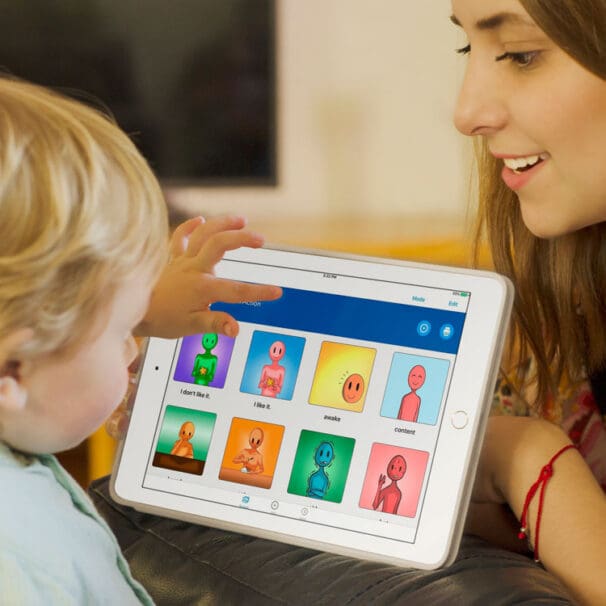HealthProviders DB is a comprehensive database of healthcare providers, including a complete directory of all Augmentative Communication Clinics & Centers.
Clinic/Center Healthcare Taxonomy Code 261QA3000X
As of today, the following are the total number of Augmentative Communication Clinics & Centers nationally, in your State, and near your location.
Select a State below to view the list by State. Additionally, you can narrow the list by city, among other options, from the Filter Panel, which you can open by clicking the vertical ellipses ⋮ in the upper right corner of the app.
Alaska – Alabama – Armed Forces Pacific – Arkansas – American Samoa – Arizona – California – Colorado – Connecticut – District of Columbia – Delaware – Florida – Federated States of Micronesia – Georgia – Guam – Hawaii – Iowa – Idaho – Illinois – Indiana – Kansas – Kentucky – Louisiana – Massachusetts – Maryland – Maine – Marshall Islands – Michigan – Minnesota – Missouri – Northern Mariana Islands – Mississippi – Montana – North Carolina – North Dakota – Nebraska – New Hampshire – New Jersey – New Mexico – Nevada – New York – Ohio – Oklahoma – Oregon – Pennsylvania – Puerto Rico – Palau – Rhode Island – South Carolina – South Dakota – Tennessee – Texas – Utah – Virginia – Virgin Islands – Vermont – Washington – Wisconsin – West Virginia – Wyoming
Medicare
The following are the total number of Augmentative Communication Clinics & Centers that accept Medicare in your State, the number that have opted out of Medicare, and the total number excluded from participation in Medicare nationwide.
The diagram below shows all the Augmentative Communication Clinics & Centers across the country, represented by blue bubbles. The larger the bubble, the greater the concentration of providers in that area. Red bubbles represent Medicare-excluded providers, with the larger bubbles indicating a higher percentage of excluded providers in that region. You can change the bubble size to be based on exclusions from the Size menu.
What do Augmentative Communication Clinics & Centers do?
Augmentative Communication (AAC) clinics/centers offer comprehensive services for individuals with communication disabilities, including evaluations to identify communication needs, recommendations for communication tools (from low-tech picture boards to high-tech speech-generating devices), equipment support, family training, and ongoing support to help people express themselves and connect with others.
Their goal is to enhance communication competence by supplementing or replacing speech using a range of methods, improving a client’s overall quality of life.
Services and Activities
Assessments: Specialized evaluations are conducted to understand a person’s specific communication challenges, strengths, and abilities.
Device & System Recommendations: Clinics help select appropriate low-tech (e.g., picture boards, symbols) and high-tech (e.g., speech-generating devices, mobile apps) tools that fit the individual’s needs and skills.
Therapy & Instruction: Professionals provide training to the individual and their communication partners (family, teachers) on how to use and program AAC systems effectively.
Family Support & Training: Clinics offer resources and training to help family members and caregivers become comfortable and proficient in supporting AAC use.
Equipment & Funding Support: Centers often assist with navigating the process of acquiring funding for communication devices through insurance or other sources.
Who Benefits from AAC Clinics?
These centers serve people of all ages with a wide variety of conditions that affect communication, such as:
- Cerebral Palsy
- Autism Spectrum Disorders
- Down Syndrome
- Apraxia of Speech
- Amyotrophic Lateral Sclerosis (ALS)
- Traumatic Brain Injury (TBI)
- Other significant speech and language impairments
How They Help
Skill Development: It supports the development of language skills and can decrease communication-related frustration.
Expressing Needs: AAC enables users to communicate their wants and needs in their daily lives.
Information Exchange: It provides a means to exchange information and interact with others.
Social Connection: AAC fosters social closeness and improves social etiquette.

